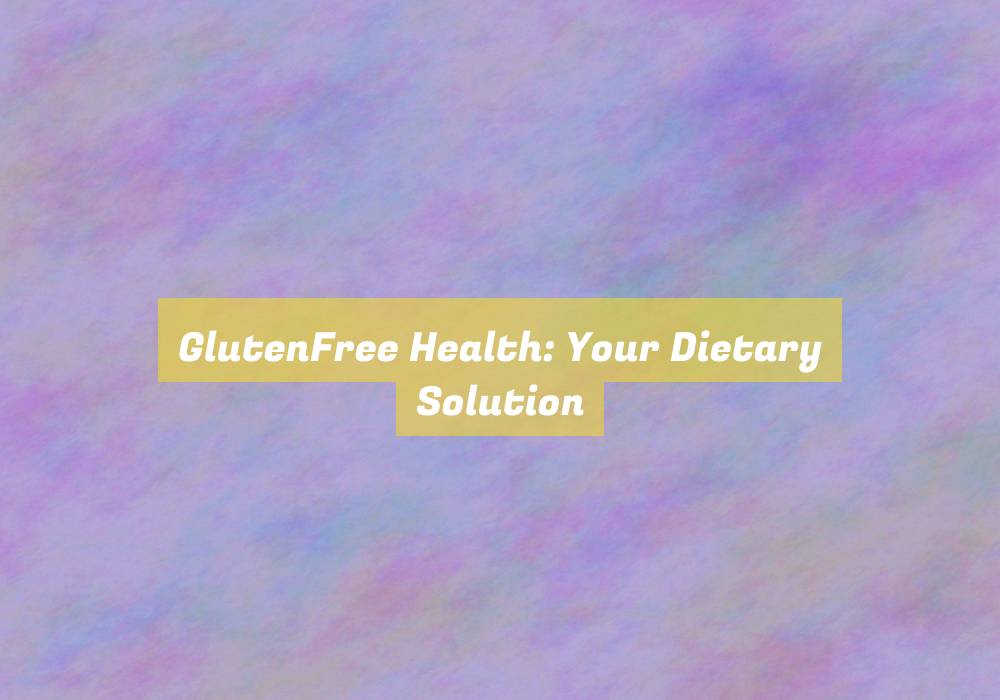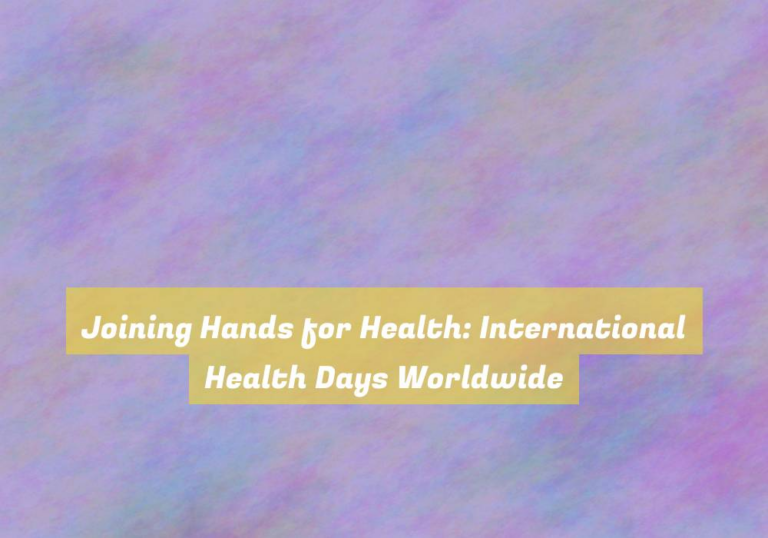GlutenFree Health: Your Dietary Solution
You may not realize that gluten, a protein found in wheat, barley, and rye, can have a significant impact on your health. If youG??ve been experiencing digestive issues, fatigue, or even skin problems, it might be worth considering whether gluten could be the culprit.
But before you dismiss the idea of a gluten-free diet, thereG??s a lot more to consider than just cutting out bread and pasta. Making the switch to a gluten-free lifestyle could offer you a range of health benefits that you may not have previously considered.
Understanding Gluten and Its Effects
Understanding gluten and its effects can significantly impact your dietary choices and overall health.
Gluten is a protein found in wheat, barley, and rye, and can cause adverse effects for those with gluten sensitivity or celiac disease. When you consume gluten, it can trigger an immune response in your body, leading to inflammation and damage to the lining of the small intestine.
This can result in symptoms such as bloating, diarrhea, fatigue, and nutritional deficiencies. By understanding the effects of gluten, you can make informed decisions about your diet and choose to avoid gluten-containing foods, leading to improvements in your overall health and well-being.
ItG??s important to carefully read food labels and be aware of hidden sources of gluten in products to ensure you arenG??t inadvertently consuming it. Additionally, understanding glutenG??s effects can empower you to seek out gluten-free alternatives and make healthier choices that support your dietary needs.
Taking control of your gluten intake can lead to a more balanced and nourishing diet, ultimately benefiting your long-term health.
Identifying Gluten-Free Foods
To identify gluten-free foods, carefully examine the ingredients listed on product labels and look for the G??gluten-freeG?? certification symbol, which indicates that the item meets the necessary standards for a gluten-free diet.
When reading ingredient labels, be on the lookout for any mention of wheat, barley, rye, or their derivatives, as these are common sources of gluten.
Additionally, some manufacturers voluntarily label their products as gluten-free even if they donG??t have the official certification. However, itG??s crucial to verify this claim by checking the ingredients to ensure theyG??re free from gluten-containing substances.
Keep in mind that some products may be naturally gluten-free, such as fruits, vegetables, and unprocessed meats, but itG??s still essential to confirm their status by checking for any potential cross-contamination during processing.
ItG??s also wise to be cautious when purchasing products like sauces, marinades, and seasonings, as these often contain hidden sources of gluten.
Health Benefits of Going Gluten-Free
As you explore the health benefits of going gluten-free, youG??ll discover how making informed choices about gluten-free foods can positively impact your overall well-being. By eliminating gluten from your diet, you may experience improved digestive health. Many individuals with gluten sensitivity or celiac disease report reduced bloating, gas, and discomfort after removing gluten from their diet.
Additionally, going gluten-free can lead to increased energy levels and reduced fatigue. Some people find that cutting out gluten helps them maintain a more stable energy throughout the day.
Furthermore, a gluten-free diet can support weight management. When you focus on naturally gluten-free foods such as fruits, vegetables, lean proteins, and healthy fats, you may find it easier to maintain a balanced and nutritious diet, which can contribute to achieving and maintaining a healthy weight.
Lastly, adopting a gluten-free lifestyle may also lead to clearer skin and improved overall skin health. Many individuals report a reduction in skin inflammation and acne after eliminating gluten from their diet.
Tips for Successfully Embracing a Gluten-Free Lifestyle
When embracing a gluten-free lifestyle, itG??s essential to familiarize yourself with naturally gluten-free foods and explore new recipes to diversify your diet. Start by incorporating whole foods such as fruits, vegetables, lean meats, fish, dairy, nuts, and seeds into your meals. These are naturally gluten-free and provide essential nutrients for a balanced diet.
Additionally, experiment with alternative grains like quinoa, rice, corn, and gluten-free oats to add variety to your meals. When grocery shopping, carefully read food labels to identify hidden sources of gluten, such as modified food starch, malt flavoring, and hydrolyzed vegetable protein.
ItG??s also important to communicate your dietary needs when dining out or attending social gatherings to ensure that your food is prepared without gluten-containing ingredients. Consider seeking support from online communities, cookbooks, and gluten-free blogs to discover new meal ideas and strategies for managing a gluten-free lifestyle.
Conclusion
So, if youG??ve been struggling with digestive issues or other health concerns, going gluten-free could be the solution youG??ve been looking for.
By understanding the effects of gluten, identifying gluten-free foods, and embracing a gluten-free lifestyle, you can experience numerous health benefits.
DonG??t be afraid to make the switch and see how it positively impacts your overall well-being.
Remember, your health is worth it.






